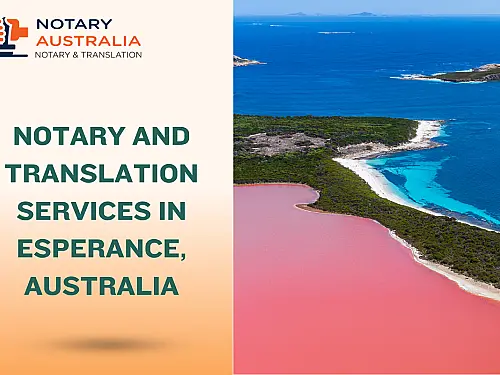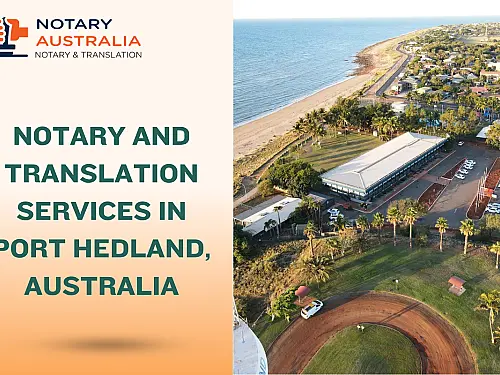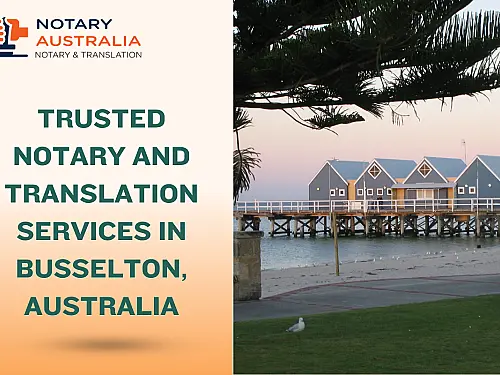



How to Notarize Documents for International Use the Right Way
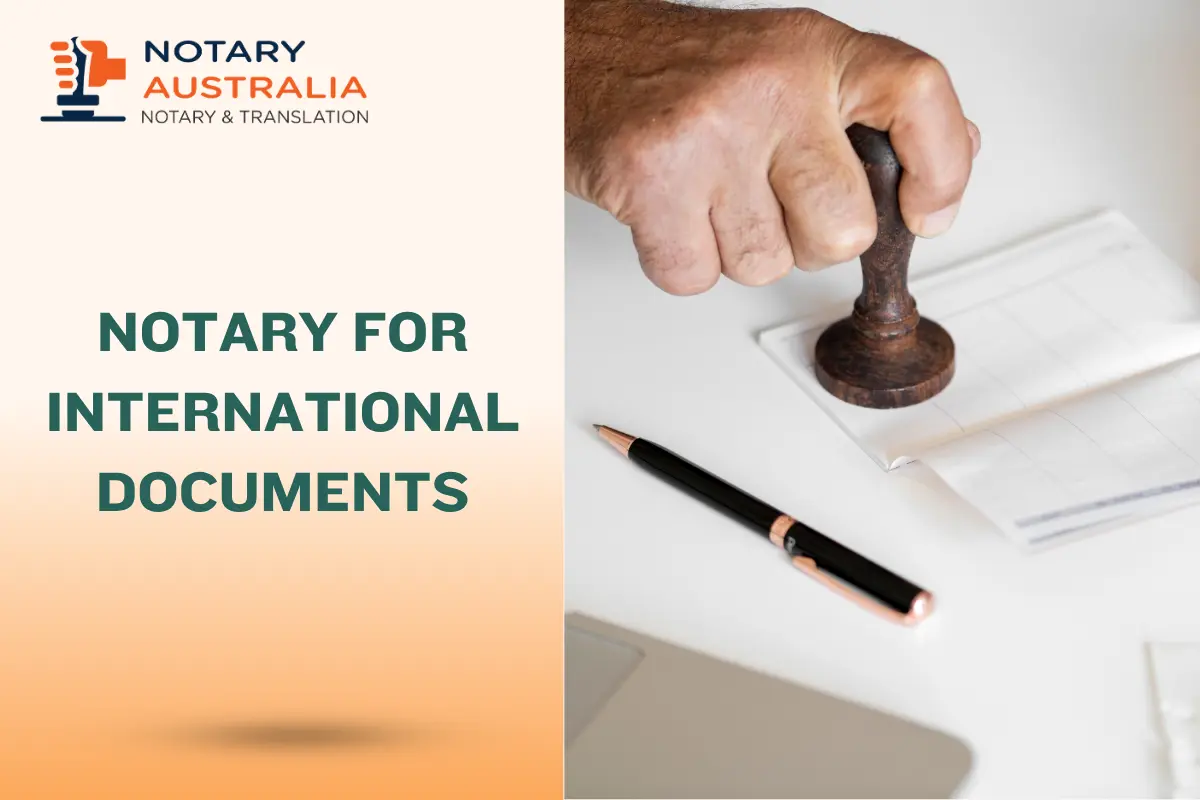
Table of Contents
If you're planning to live, study, work, get married, or do business abroad, chances are you’ll need to submit documents that are legally recognised in another country. But just having your original paperwork is not enough. You’ll need it to be notarised—and sometimes even legalised or apostilled—to ensure it's valid internationally.
In this guide, we’ll walk you through everything you need to know about using a notary for international documents, from common use cases to getting your documents notarised, apostilled, or embassy-legalised.
What Does a Notary Do for International Documents?
A notary public verifies the authenticity of your documents, witnesses signatures, and issues a notarised certificate. When it comes to international use, this process ensures that your paperwork—whether personal, academic, legal, or commercial—is legally accepted by foreign governments and institutions.
Notary services for foreign use are often required for:
- Visa applications
- Immigration and PR
- International business
- Marriage abroad
- Academic admissions
- Overseas property purchases
When Do You Need Notarised International Documents?
Travel and Immigration
If you're applying for a student visa, work permit, or permanent residency, authorities may require notarised:
- Passports
- Birth certificates
- Bank statements
- Affidavits
- Invitation letters
Studying Abroad
Universities often ask for:
- Notarised academic transcripts
- Degree certificates
- Proof of language proficiency
- Financial sponsorship letters
International Business and Trade
Corporates working globally may need:
- Power of attorney for international use
- Memorandums of Understanding (MOUs)
- Business contracts
- Export/import trade documents
International Marriage or Personal Use
Planning to get married abroad or need documents for family matters?
- Marriage certificates
- Divorce decrees
- Consent letters
- Legal affidavits
Notarisation vs. Apostille vs. Legalisation: What's the Difference?
Notarisation
The first step. A notary verifies the identity of the signer or authenticity of the document and affixes a notarial seal.
Apostille
Used for countries part of the Hague Convention. Issued by DFAT in Australia, this stamp validates notarised documents for international use.
Legalisation (Embassy Attestation)
If the country is not a Hague Convention member, your documents must go through embassy legalisation after notarisation.
Still confused? Think of notarisation as the base, apostille or embassy legalisation as the final international layer.
How to Notarize International Documents in Australia
Step 1: Identify What You Need
Determine whether you just need notarisation, or if your documents also require an apostille or embassy legalisation.
Step 2: Visit a Notary
Contact a certified notary public—either in person or online. Bring the originals and any copies.
Step 3: Notary Review
The notary will verify your identity, review the document, and notarise it by signing and sealing it.
Step 4: Apostille or Legalisation (If Required)
Send the notarised document to DFAT or the respective foreign embassy for apostille or legalisation.
Can You Notarize International Documents Online?
Yes, online notarisation is now widely accepted and legally valid in Australia. Here’s how it works:
- You upload your documents securely
- Verify your identity via video call
- The notary certifies your documents digitally
- You receive a PDF with a digital notary seal
Benefits of Online Notarisation:
- Fast (often same-day)
- Secure and legally binding
- Ideal for remote or urgent submissions
Common International Document Notary Use Cases
Visa Applications
Documents often notarised:
- Birth certificates
- Bank statements
- Invitation letters
- Proof of accommodation
Immigration or PR
Notarised documents help prove:
- Educational qualifications
- Language proficiency
- Family status
Education Abroad
Universities abroad ask for:
- Transcripts
- Certificates
- Affidavits of sponsorship
International Contracts
For business operations or legal arrangements:
- Partnership agreements
- Commercial licenses
- MOUs
Apostille and Embassy Legalisation for Global Use
How to Get an Apostille in Australia
- First, notarise the document.
- Submit it to DFAT (Department of Foreign Affairs and Trade).
- Receive an apostille sticker attached to your document.
How to Get Embassy Legalisation
- Notarise the document.
- Submit it to the foreign embassy or consulate.
- Pay required fees and receive authentication.
Make sure to check the specific country's requirements before submission.
Document Types That Often Require International Notarisation
| Document Type | Purpose |
|---|---|
| Passport copies | Identity verification |
| Academic certificates | University applications |
| Business agreements | Legal enforceability abroad |
| Power of attorney | Delegate authority internationally |
| Marriage/divorce certificates | Family law & personal affairs |
| Bank statements | Proof of funds for visa |
| Trade documents | Customs, export/import clearance |
| Employment contracts | Job offers & professional placements |
FAQs
Do all foreign countries accept Australian notarised documents?
Yes, if they are properly notarised and, if needed, apostilled or embassy-legalised.
How long does international notarisation take?
- Notarisation: Same-day or 1–2 days
- Apostille: 2–5 business days via DFAT
- Embassy legalisation: 5–10 days depending on the country
Can I notarise copies of original documents?
Yes, a certified true copy is often sufficient. The notary will confirm it's a faithful copy of the original.
Choosing the Right Notary for International Documents
When selecting a notary, ensure they offer:
- DFAT recognition for apostilles
- Experience with embassy legalisation
- Online and in-person appointments
- Package services (e.g., translation + notarisation)
Tip: If your documents are in another language, pair with NAATI-certified translators to ensure global acceptance.
Final Thoughts: Make Your Global Documents Legally Valid
Whether you’re applying for a visa, studying abroad, or running an international business, using a notary for international documents ensures your paperwork stands up to global scrutiny.
With online options, same-day turnaround, and legal compliance baked in, there’s no reason to delay. Partner with a reliable service like Notary Australia to get your documents certified, apostilled, or embassy-legalised without stress.

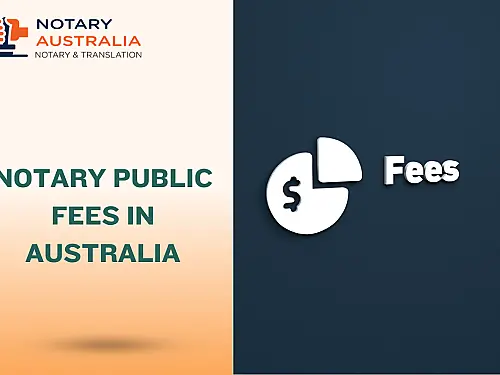

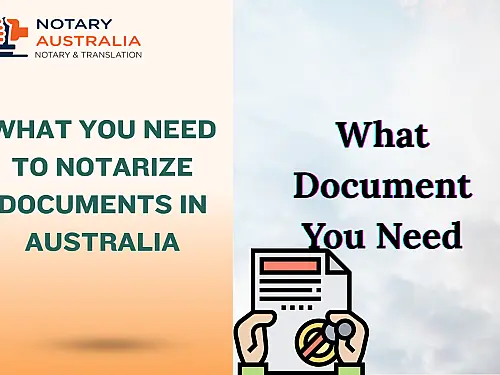
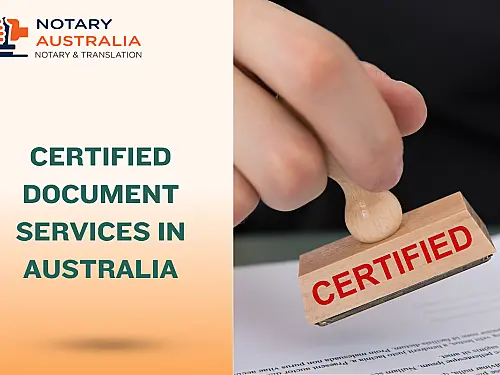
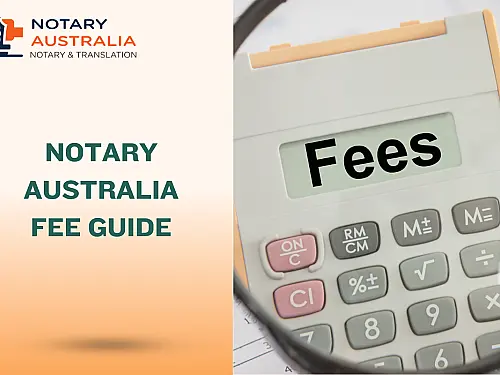
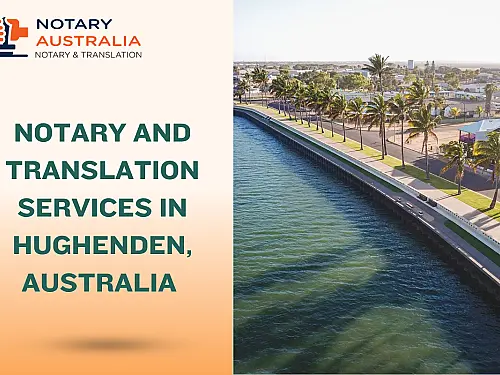
-thumb.webp)
